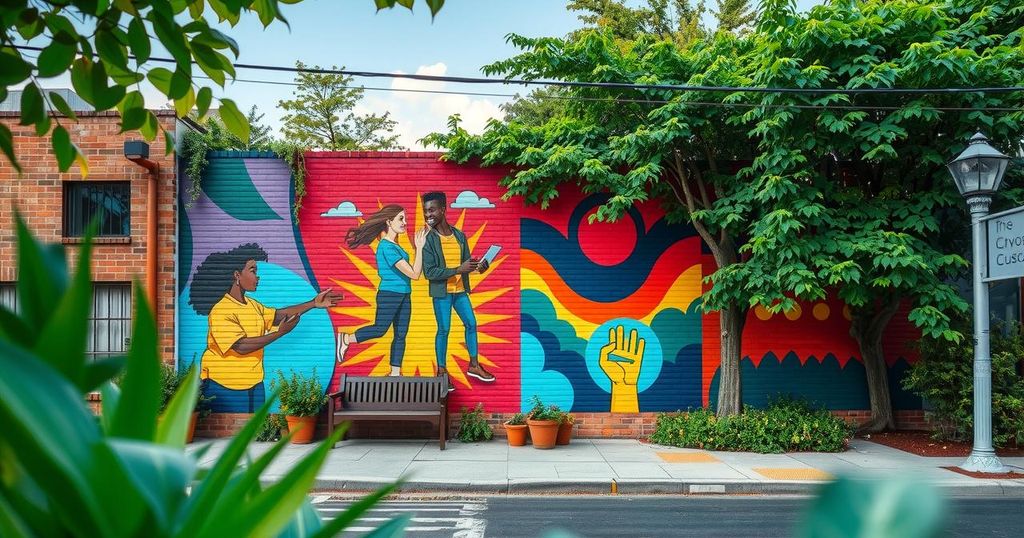The article discusses a recent court ruling in Uganda that mandates the removal of British colonial names from streets and monuments. This ruling is celebrated by campaigners as a step toward reclaiming Ugandan cultural identity. Parallel discussions in Saint Lucia urge the need for similar recognition and celebration of local historical figures, moving away from colonial legacies. The piece emphasizes the broader context of decolonization both in Uganda and the Caribbean.
The recently published article titled “Campaigners celebrate court ruling to ‘decolonise’ Kampala” highlights a significant legal decision in Uganda. After a five-year campaign, the high court directed the removal of British colonial names from streets and landmarks in Kampala, emphasizing the need to honor Ugandan culture instead. Justice Musa Ssekaana’s ruling included figures such as Major General Henry Edward Colville and Frederick Lugard, who are recognized for their roles in colonial oppression.
The push for change gained momentum when over 5,800 individuals signed a petition advocating for the decolonization of Ugandan streets. This culminated in a lawsuit by human rights activist John Ssempebwa, asserting that colonial names violated Ugandans’ rights to dignity and freedom. Apollo Makubuya, a prominent lawyer involved in the movement, noted the ruling as a crucial step toward acknowledging human dignity and rectifying colonial injustices.
Kampala’s lord mayor, Erias Lukwago, expressed a desire for a more comprehensive ruling that addressed historical injustices. He remarked on the need to decolonize streets and highlighted that certain historical figures should not be celebrated. Contrarily, human rights lawyer Nicholas Opiyo criticized the ruling as a mere symbolic gesture, advocating for the preservation of colonial names as reminders of Uganda’s history.
The discourse around decolonization in Uganda mirrors similar sentiments in Saint Lucia and the Caribbean. The National Reparations Committee has been promoting a re-evaluation of colonial legacies since 2013, emphasizing the necessity of recognizing local heroes over colonial figures. Saint Lucia’s heritage continues to be overshadowed by colonial names, with French and British influences still evident in its towns and communities.
Saint Lucians are now increasingly aware of their historical figures, including Petronille Dwine and Flor Gaya, who challenged colonial rule. Additionally, many notable individuals like Sir Darnley Alexander and Jean Baptiste Bideau have made significant contributions both locally and abroad but remain largely unrecognized. As Saint Lucia prepares for its 50th independence anniversary in 2029, there is a hopeful call for the acknowledgment of local history and the decolonization of public spaces.
Overall, both Uganda and Saint Lucia share a common goal of decolonizing their societies by recognizing and celebrating indigenous culture and contributions. This movement is essential to reclaiming narratives that have long been shaped by colonialism and ensuring that future generations can embrace their authentic identities.
The article presents a compelling argument for decolonization, as evidenced by Uganda’s recent court ruling to rename colonial-era streets and landmarks in favor of Ugandan cultural recognition. Similarly, Saint Lucia faces the challenge of rehabilitating its historical narrative and cities, moving away from colonial legacies towards honoring its own heroes. This ongoing dialogue reflects a wider global movement aimed at rectifying historical injustices through recognition and celebration of local identities. The time has come for both Uganda and Saint Lucia to embrace their independence fully through meaningful actions that reflect their unique cultural heritages.
Original Source: thevoiceslu.com






